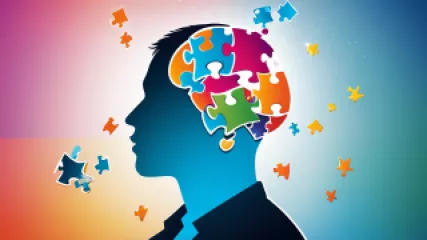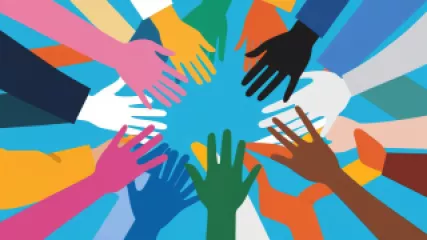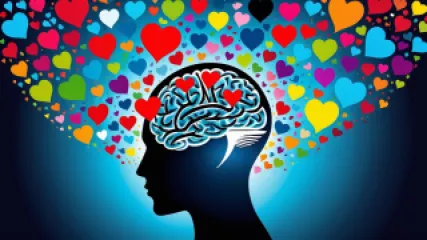Overcoming the Victim Mentality: A Research-Backed Approach
1 year ago
Overcoming Victim Mentality
What is the Availability Heuristic?
1 year ago
Cognitive Biases
Why Behavioral Change is Crucial for Personal Growth
1 year ago
Behavioral Change
Embracing Joy: An Honest Perspective on Overcoming Sadness
1 year ago
Overcoming Sadness
How to Start Virtual Bereavement Counseling Sessions
1 year ago
Bereavement Support
What Are The Best Therapies For Overcoming Sadness?
1 year ago
Overcoming Sadness
My Personal Journey to Overcome Sadness
1 year ago
Overcoming Sadness
Advocating for Mental Health: Dismantling Stigma and Fostering Compassion
1 year ago
Advocacy in Mental Health
Exploring the Depths of Existential Questions: An Opinion Piece
1 year ago
Existential Questions
What are the Best Virtual Sessions for Emotional Disorders?
1 year ago
Emotional Disorders
Empowering Aging: A Comprehensive Guide to Building Self-Esteem
1 year ago
Aging and Self Esteem
The Ultimate Guide to Managing Emotional Disorders with Virtual Sessions
1 year ago
Emotional Disorders
Strengthening Peer Relationships: A Research-Backed Approach
1 year ago
Peer Relationships
How to Become a Mental Health Advocate: A Step-by-Step Guide
1 year ago
Advocacy in Mental Health
Lessons from "Quiet": Overcoming Shyness through Introverted Superpowers
1 year ago
Overcoming Shyness















